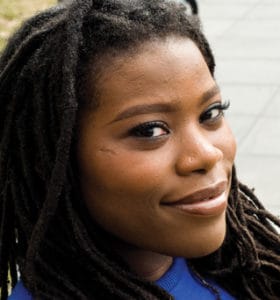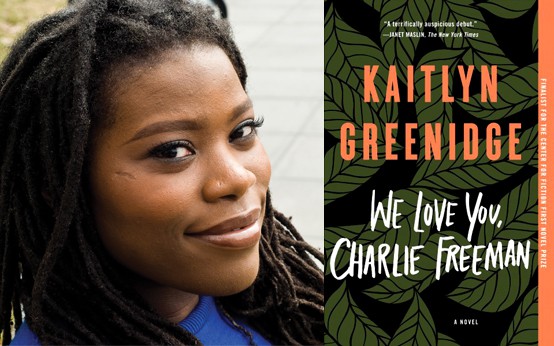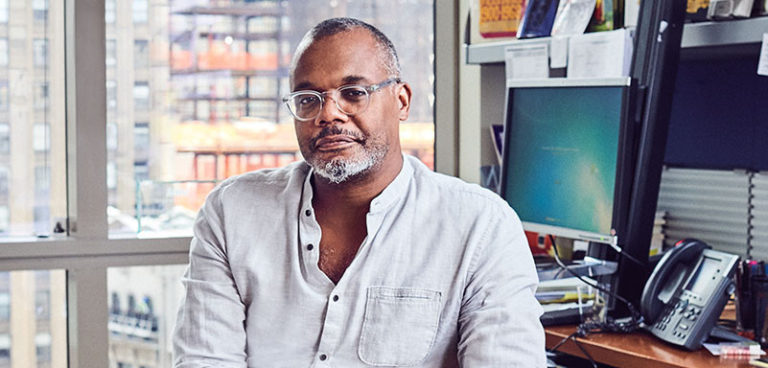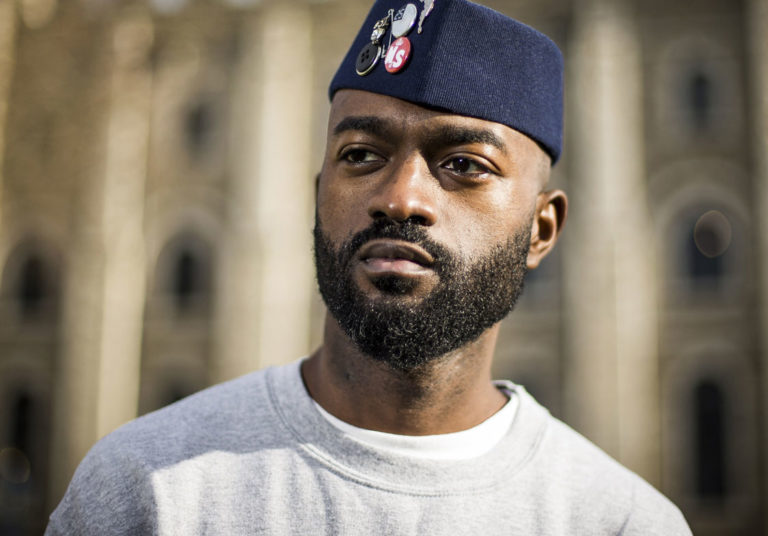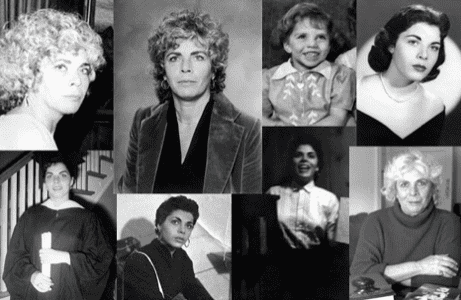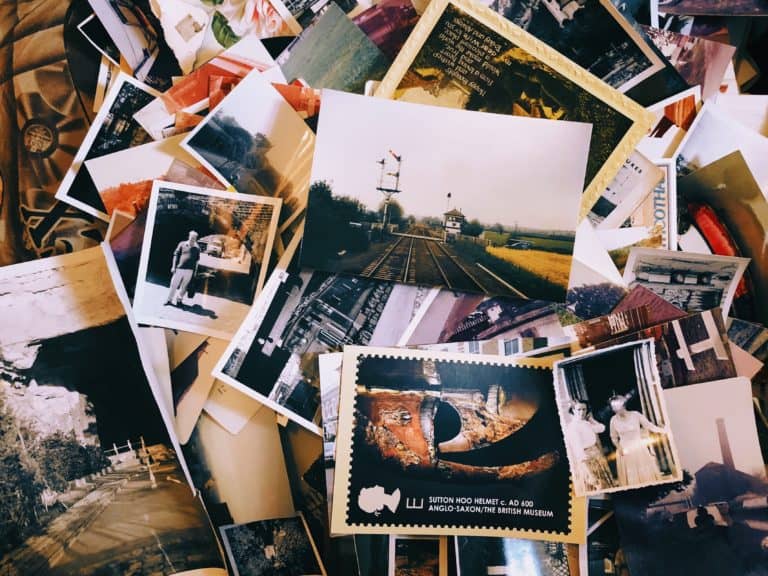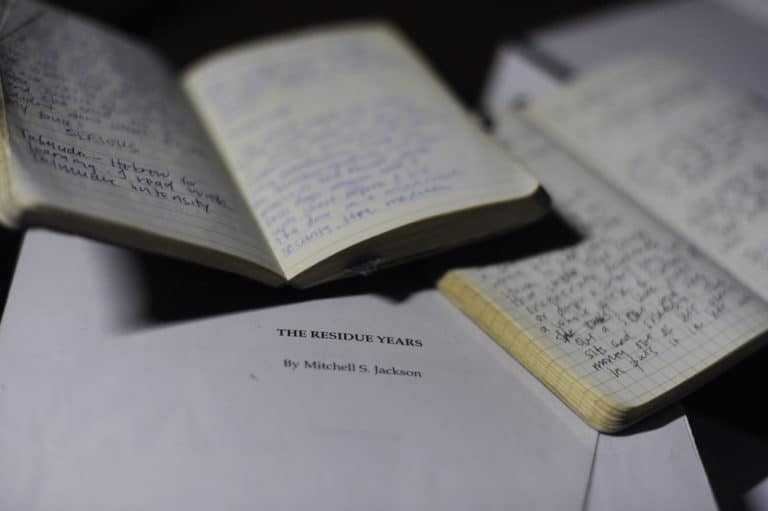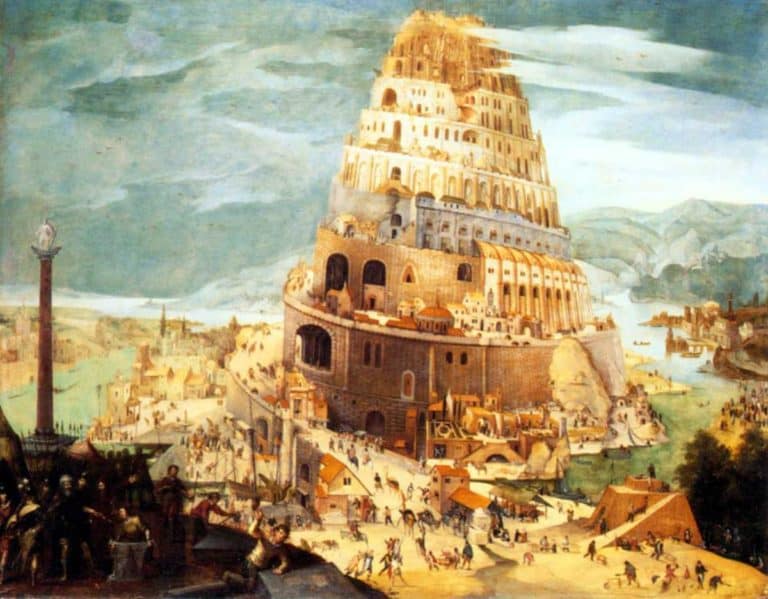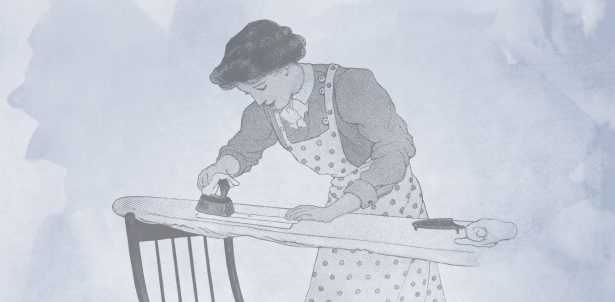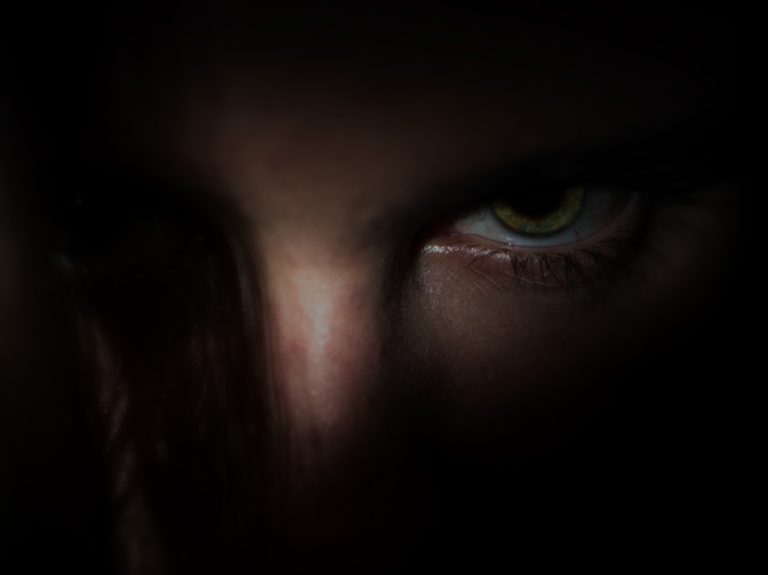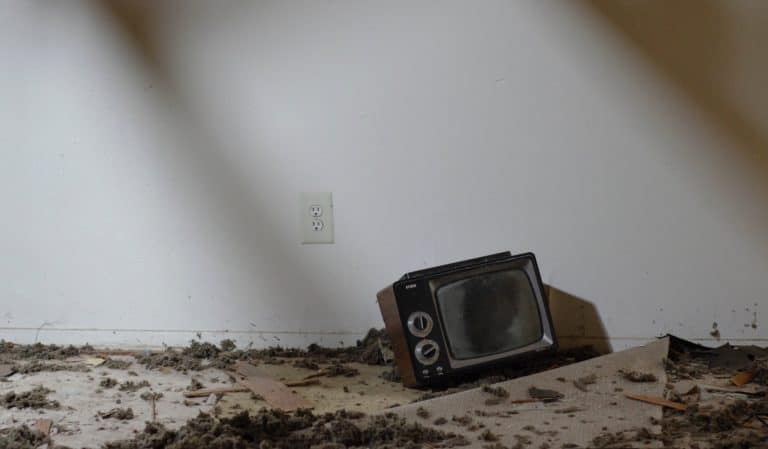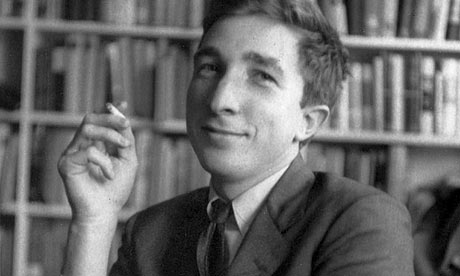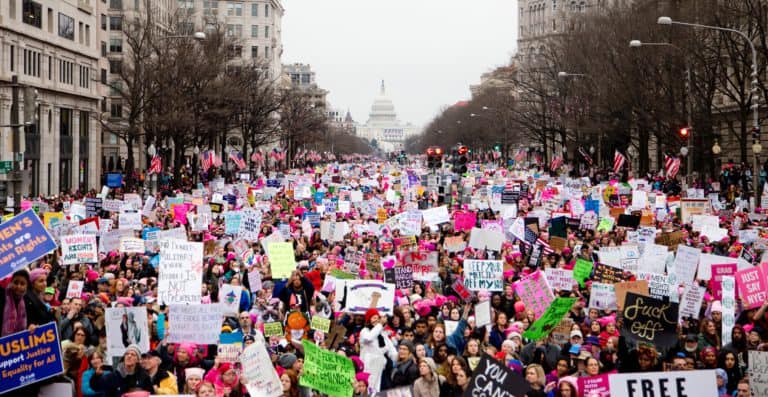-
.
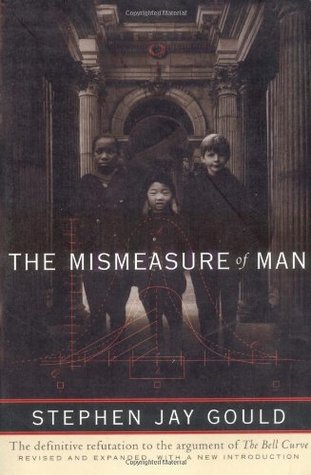
The Mismeasure of Man
By Stephen Jay Gould
Back in the early 90s, a pseudoscientific, racist, quack science book called The Bell Curve was published. I was in middle school at the time, at a nominally progressive private school that was actually deeply uncomfortable discussing issues of race—it was so segregated, there was a section of the school called Little Africa because that’s where all the black students hung out. The school held agonized assemblies about The Bell Curve—what did it mean? How do we combat it? What to do? As a preteen, I found these community discussions odd. Wasn’t it clear that this book was just a racist fantasy? Couldn’t we agree on that and move on? So it was a relief when, in college, I discovered this book: Stephen Jay Gould’s refutation of The Bell Curve and his attempt to identify the pseudoscientific myths of race that work their way into “objective” sources all the time. This book is beautifully written, as well as being an important piece of intellectual history. It’s a reminder that the things we deem as “true” are often wishful thinking, ways to justify the injustice of this world and help smart, well-meaning people sleep better.
-
.
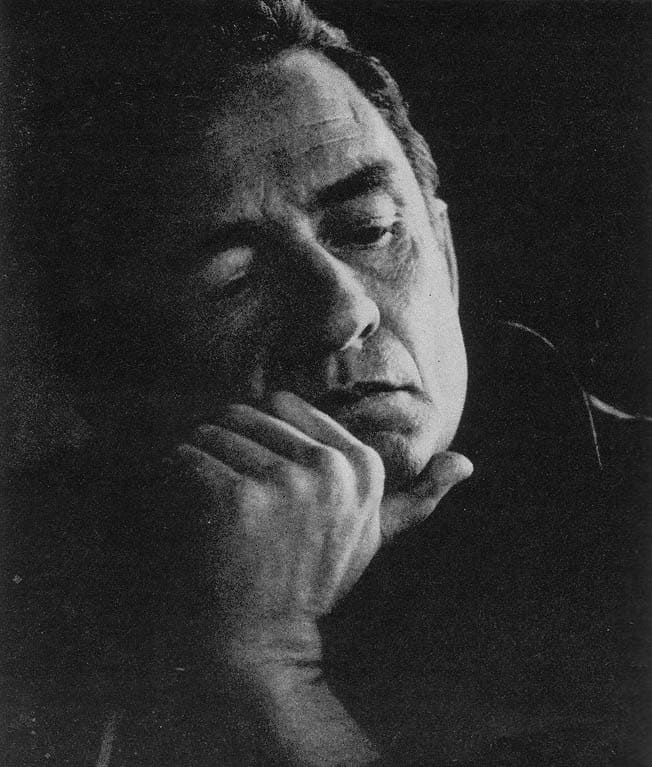
I Tremble for You by Johnny Cash
By Written by Johnny Cash, Lew DeWitt
This is one of Cash’s bleakest love songs and the lyrics are absolute poetry: “I’m no child of destiny, no fortune’s son/I’ve just chased you so long now, I’m too weak to run/So here I return to a back street of thrills/Back to any warm shoulder till she’s got her fill/ And then I treat shame like an old friend from home/That I can lean on till the misery is gone/A new day is here yet nothing is new/You’re still gone and I tremble for you.” We Love You, Charlie Freeman is as much a frustrated love story between Charlotte and her friend Adia, as it is a novel about a family. This song is the epitome of the word “bereft” and I imagine if Charlotte knew it existed, she would have worn out her Walkman rewinding it to listen to it over and over again.
.
-
.
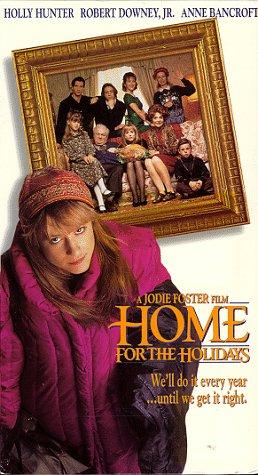
Home for the Holidays
By 1995; Director: Jodie Foster
This movie has a big, climactic Thanksgiving scene that I’ve always admired. I tried to put one big denouncement scene in my book as well, for the drama of it all. What else is fiction for, if not to imagine the confrontations that never happen in real life? Classical drama tells us that the basis of all drama is pity and terror. The idea of having a big family confrontation inspires both feelings in me, as well as in the characters in We Love You, Charlie Freeman.
-
.

Haymarket Station
By Boston, MA
This is a place that no longer really exists—it was paved over for the gentrifying Rose Kennedy Greenway in Boston. If it still exists, it is probably a shadow of its former stinking, messy, glorious self. In high school, I had a friend who lived in the North End and I can remember dashing through the steaming, teeming, smelly market on the way to her house and then back again, in the mornings after sleepovers. The whole place smelled like fish and was full of trampled vegetables but you could also find things there like a whole, pale white octopus just quivering on a bank of ice, waiting to be purchased. Whenever I think of Boston as it really is, as it is when you grow up there, not when you live there as a student or a transplant or come as a tourist, I think of that space. In writing this book, it was important to write about a part of New England that is usually ignored or just assumed to not exist. Haymarket is one of those places for me.
.
